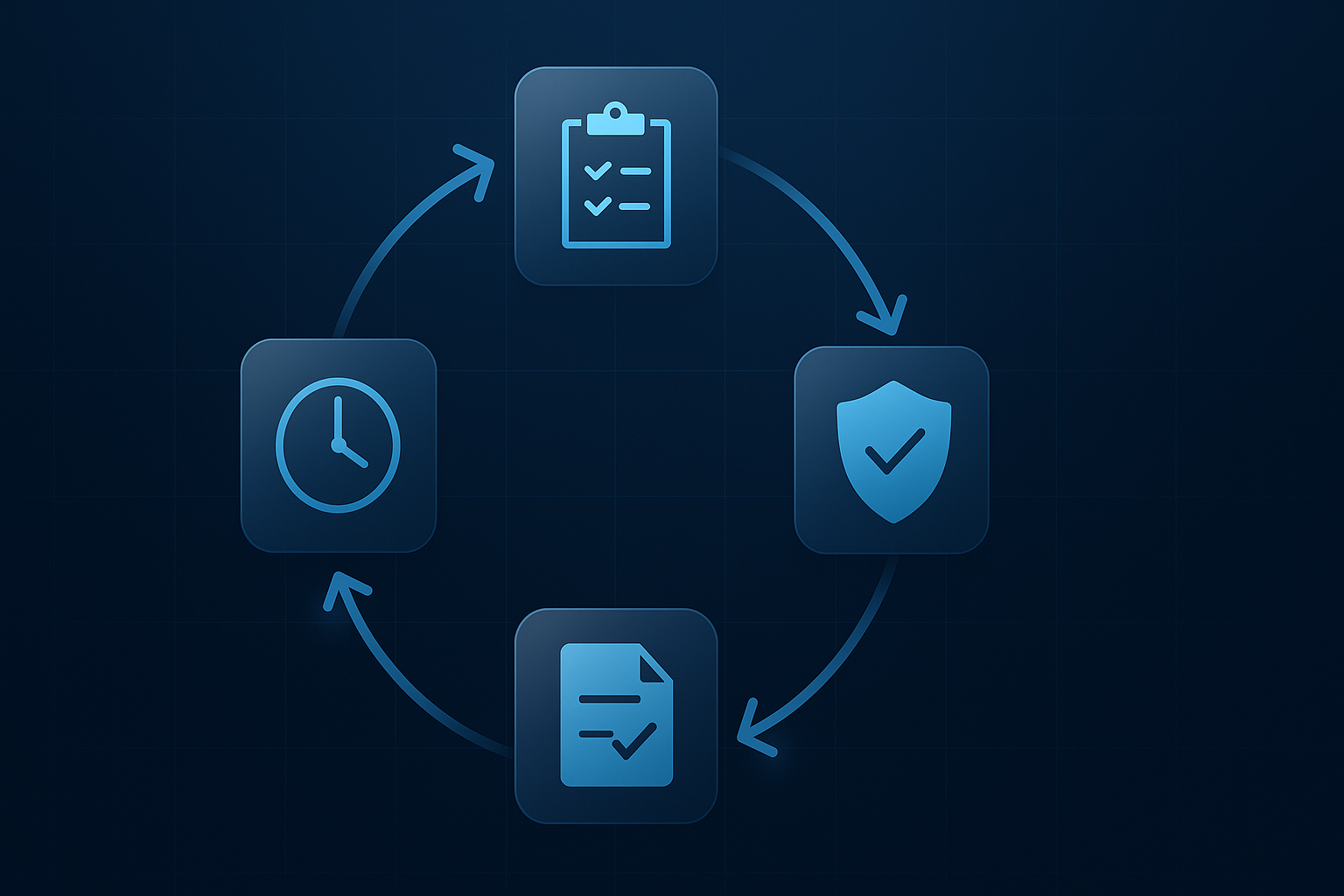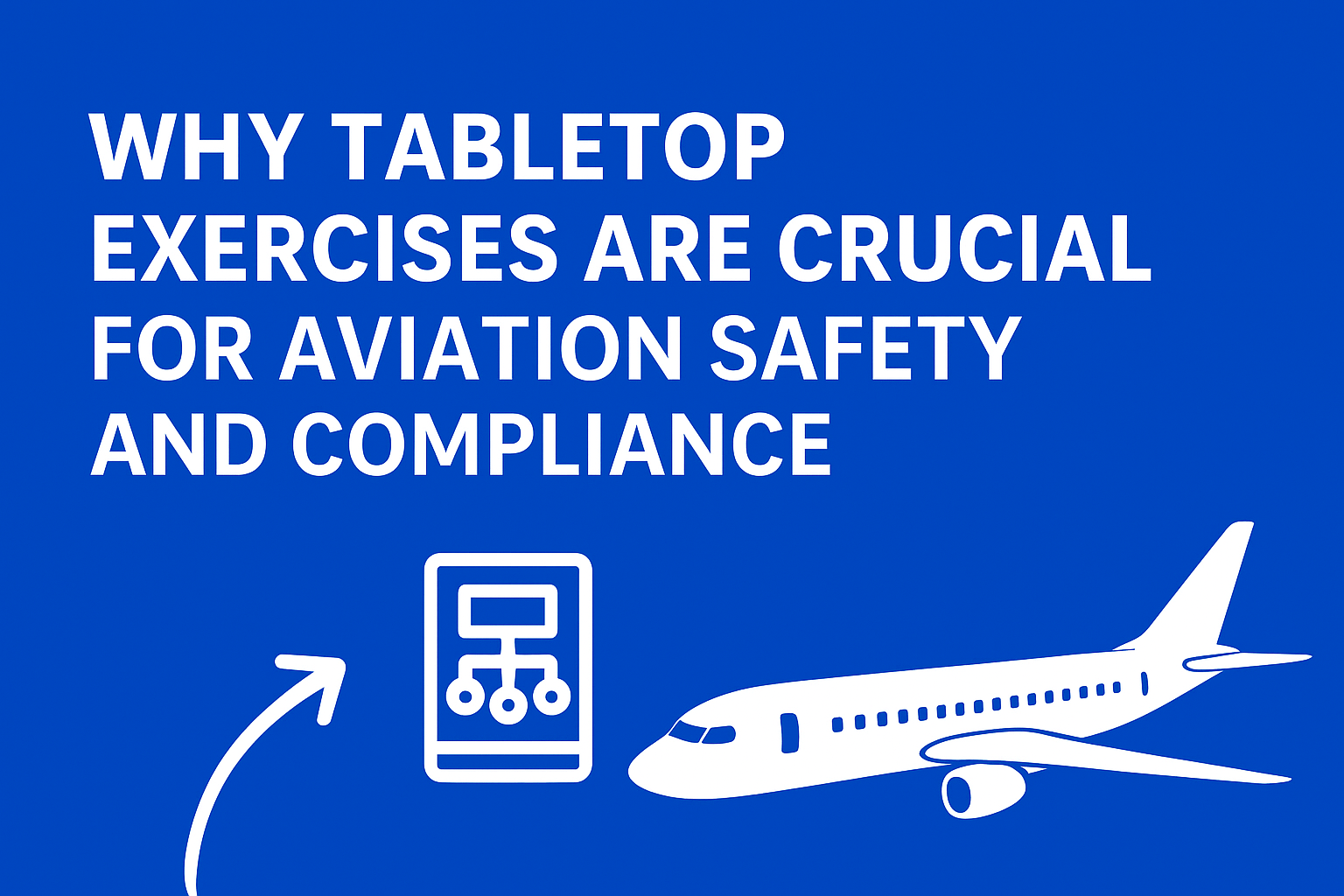In today's unpredictable business environment, organizations face a myriad of potential crises—from cyberattacks and natural disasters to supply chain disruptions and public relations challenges. To navigate these threats effectively, proactive preparation is essential. One of the most effective methods for enhancing organizational readiness is through crisis management tabletop exercises.
What Are Crisis Management Tabletop Exercises?
Crisis management tabletop exercises are structured, discussion-based sessions where team members convene to walk through simulated crisis scenarios. Unlike full-scale drills, these exercises are low-risk and cost-effective, focusing on decision-making processes, communication strategies, and role clarity during emergencies. Participants analyze hypothetical situations, evaluate their responses, and identify areas for improvement in a controlled environment.
Benefits of Implementing Tabletop Exercises
- Enhanced Decision-Making: By simulating crisis scenarios, teams can practice making swift, informed decisions under pressure, leading to improved real-world responses.
- Improved Communication: Tabletop exercises foster better communication among departments, ensuring that information flows seamlessly during actual crises.
- Identification of Gaps: These exercises help uncover weaknesses in existing crisis management plans, allowing organizations to address them proactively.
- Increased Team Cohesion: Collaborative simulations build trust and understanding among team members, strengthening overall organizational resilience.
- Regulatory Compliance: Regularly conducting tabletop exercises can assist in meeting industry-specific regulatory requirements related to crisis preparedness.
Best Practices for Conducting Effective Tabletop Exercises
- Define Clear Objectives: Establish specific goals for the exercise, such as testing communication protocols or decision-making processes.
- Develop Realistic Scenarios: Craft scenarios that reflect potential threats relevant to your organization, ensuring authenticity and engagement.
- Engage Key Stakeholders: Include representatives from various departments, including leadership, to provide diverse perspectives and foster comprehensive discussions.
- Facilitate Open Dialogue: Encourage participants to share insights and challenge assumptions, promoting a culture of continuous improvement.
- Conduct Thorough Debriefings: After the exercise, analyze outcomes, document lessons learned, and update crisis management plans accordingly.
Integrating Technology: The Role of AI in Tabletop Exercises
Advancements in technology have revolutionized the way organizations conduct tabletop exercises. Platforms like Opsbook.ai leverage artificial intelligence to create dynamic, customizable simulations that adapt to user inputs, providing a more immersive and effective training experience. AI-driven tools can analyze performance metrics, offer real-time feedback, and streamline the post-exercise evaluation process, enhancing overall preparedness.
Conclusion
Crisis management tabletop exercises are invaluable tools for organizations aiming to bolster their emergency preparedness. By regularly engaging in these simulations, businesses can enhance decision-making capabilities, improve communication, and identify critical gaps in their crisis response strategies. Embracing technological solutions like AI-powered platforms further amplifies the effectiveness of these exercises, ensuring that teams are well-equipped to handle any crisis that may arise.
Ready to elevate your organization's crisis preparedness? Discover how Opsbook.ai can transform your tabletop exercises into powerful training experiences.






